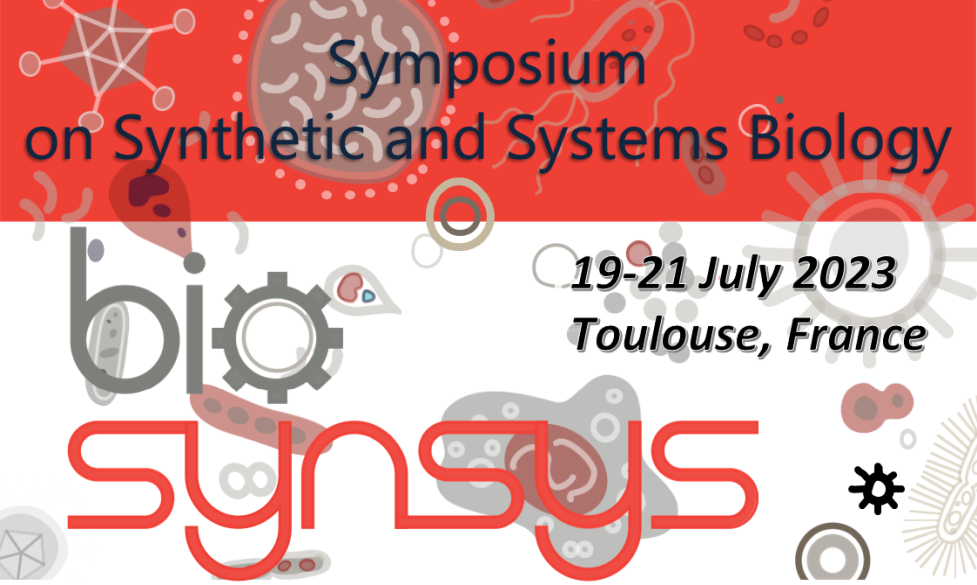Gut metabolites are pivotal mediators of host-microbiome interactions. The production of microbiome-derived metabolites can be affected by environmental chemicals, dietary substrate availability, and interindividual variability. Thus, they provide an essential window into human physiology and disease, where socio-environmental aspects also play a key role. However, current methods to monitor gut metabolites rely on heavy and expensive technologies such as liquid chromatography-mass spectrometry (LC-MS). In that context, robust, fast, field-deployable, and cost-effective strategies for monitoring fecal metabolites would support large-scale functional studies and routine monitoring of metabolite biomarkers associated with environmental exposures. Living cells are an attractive option to engineer biosensors due to their ability to detect and process many environmental signals and their self-replicating nature. Here we optimized a workflow for feces processing that supports metabolite detection using bacterial biosensors. We show that simple centrifugation and filtration steps remove host microbes and support reproducible preparation of a physiological-derived media retaining essential characteristics of human feces, such as matrix effects and endogenous metabolites. We measure the performance of bacterial biosensors for benzoate, lactate, anhydrotetracycline, and bile acids, and find that they are highly sensitive to fecal matrices. However, encapsulating the bacteria in hydrogel helps reduce this inhibitory effect. Finally, by detecting endogenous bile acids in fecal samples of IBD patients, we demonstrate that bacterial biosensors could be used for future metabolite monitoring in feces. This work lays the foundation for the optimization and use of bacterial biosensors in the monitoring of fecal biomarkers for a better characterization of individual environmental exposures.

|
|
|
|
Sensigut: bacterial biosensors for daily and long-term monitoring of targeted gut metabolites
1 : Centre de Biologie Structurale [Montpellier] Institut National de la Santé et de la Recherche Médicale
|
 PDF version
PDF version
